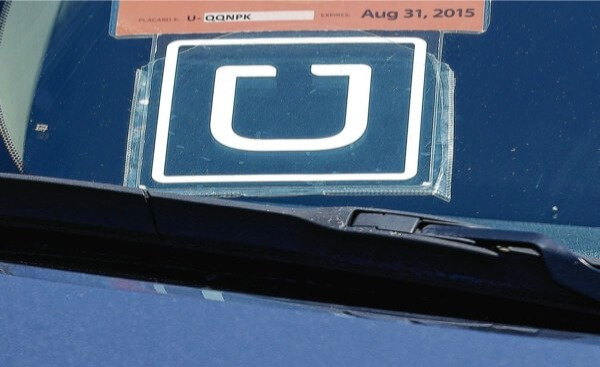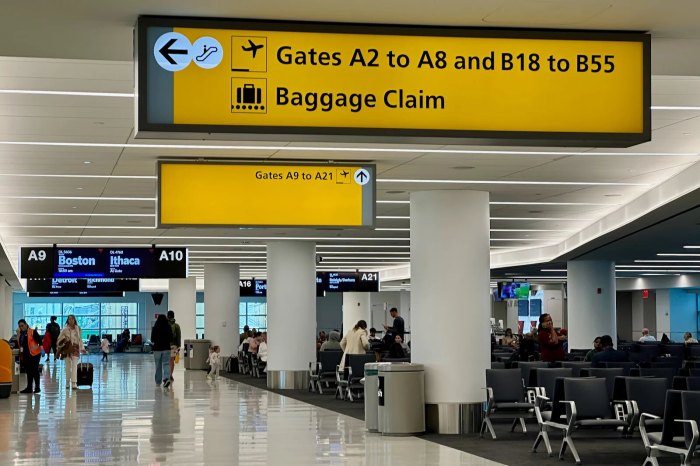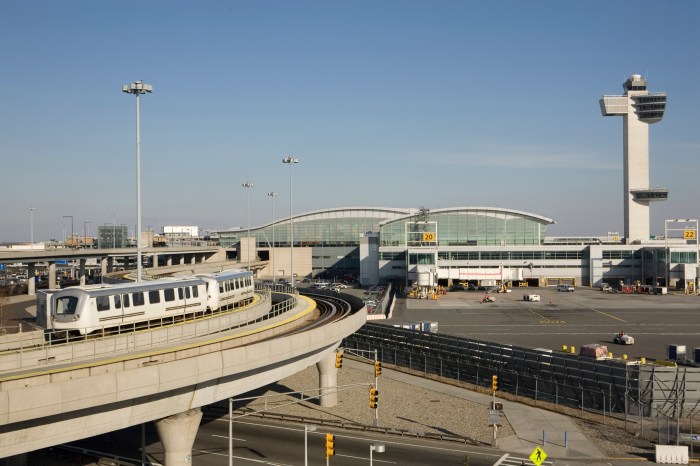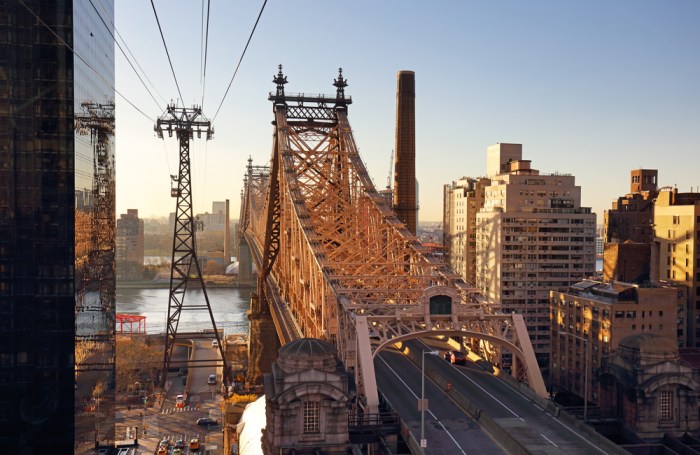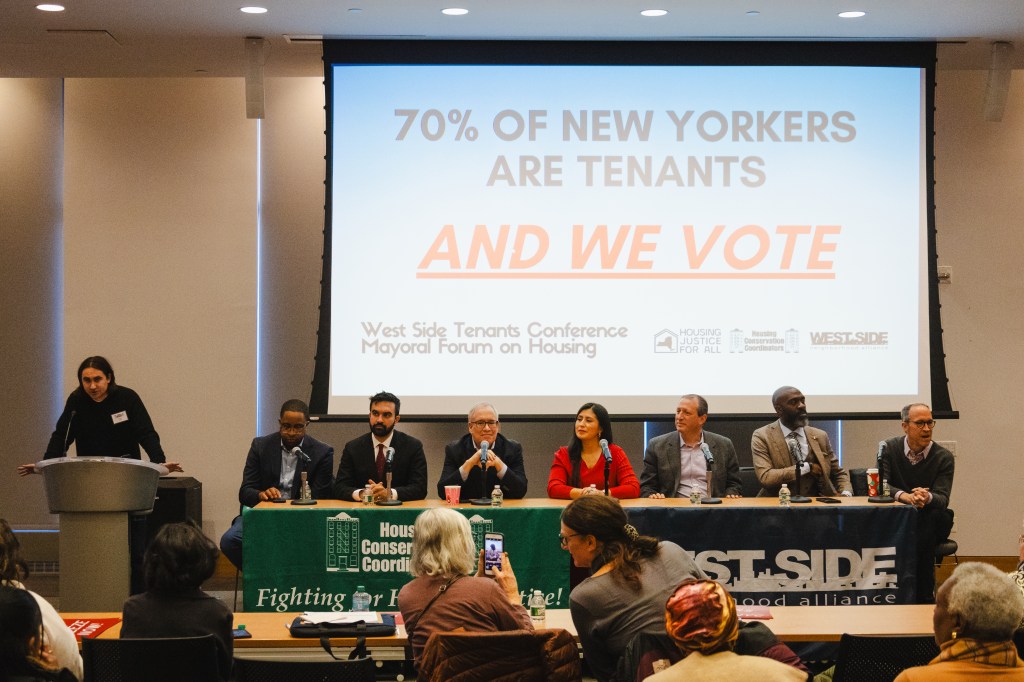By Carlotta Mohamed
The Queens organization or The Committee for Taxi Safety is denouncing Uber’s proposal of a “hardship fund” to help bail out struggling yellow medallion taxicabs in New York City, amid a spate of driver suicides in the past six months.
On June 18, following the recent suicide of Abdul Saleh in his Brooklyn home — the sixth yellow taxi driver or owner to take his own life in less than six months — launched a “Clock of Inaction” to document how much time has passed since the first tragic death without any legislative action being taken by the City Council to address the crisis and regulate Uber.
“As long as the Council continues to drag its feet, we will continue to remind them of their obligation to step up and do the right thing,” said David Beier, president of The Committee for Taxi Safety. “There is nothing stopping the Council from working immediately to regulate Uber and save lives.”
The Committee for Taxi Safety is comprised of licensed New York City taxi agents managing approximately 20 percent of the yellow medallion vehicles in New York City Just days before Saleh’s suicide, Uber Chief Executive Dara Khosrowshahi told the New York Post that the city should impose a fee on all ride-sharing apps to create a fund to help yellow cab drivers who bought their medallions at a high cost and are struggling to pay their debt. But taxi advocates contend the real solution is placing a cap on Uber cars and enforcing regulated prices on ride-hailing apps like Uber and Lyft that continue to take their customers.
Khosrowshahi did not say how much the fee should be.
“His proposal, of course, does not provide any real answers to the struggles facing yellow taxi owners and drivers,” said Beier. “It would just help Uber to continue maximizing its own profits in New York City.”
According to Khosrowshahi, the fee would help any independent medallion owners — not fleet bosses or investors. About 25 percent of the 13,587 city taxi medallions currently are owned by independent drivers.
“Things have changed, and if we can be a part of the a solution to make things better to help get some of these owner-operators get out from under water and to continue making a better life and to make a decent life and to help themselves, we want to do that,” Khosrowshahi said. “We don’t want to be a part of the problem.”
Beier said the owners and drivers of taxi medallions are in “enormous debt” with over hundreds and thousands of dollars of outstanding loans, leaving drivers feeling hopeless. Medallions were once extremely valuable, but in the years since Uber and similar companies disrupted the industry, the value of medallions has dropped to $175,000 from over $1 million.
“This went from the American dream, to saving money and buying medallions, to an American nightmare because the city of New York failed to act and protect the medallion license,” said Beier.
According to Beier, New York City Council Members have made numerous statements of condolences for the yellow taxi drivers and owners lost in recent months, but they have not voted on any legislation that would actually fix the problem by limiting the number of ride-sharing vehicles allowed on the streets of New York City.
The yellow taxi industry is required by law to keep its fleet capped at approximately 14,000 vehicles, but there are now more than 100,000 cars driven for companies like Uber in the five boroughs, making it virtually impossible for drivers to earn a living wage, Beier said.
“Uber came in with no regulations, no accessibility, no caps or restrictions,” said Beier. “There’s no way to compete with them; they’re not under the same regulation as we are.”
The Committee for Taxi Safety applauded City Council Speaker Corey Johnson (D-Manhattan) for recently acknowledging that the Council “made a mistake” by failing to impose a limit on Uber’s growth when a bill was introduced in 2015. Beier said the Council is beginning to look into the issue again.
Mayor Bill de Blasio had dropped the plan to temporarily cap Uber, after an agreement was made with the company to conduct a four-month study on the effect of Uber and other for-hire vehicle operators on New York’s traffic, according to a source from City Hall.
“We’re not seeking favorable treatment, but equal treatment,” Beier said. “The more drivers and cars you put on the road, the less fares and income each driver gets. Creating a fair and level playing field is what taxi owners and drivers have been requesting for years.”
Reach reporter Carlotta Mohamed by e-mail at cmoha

